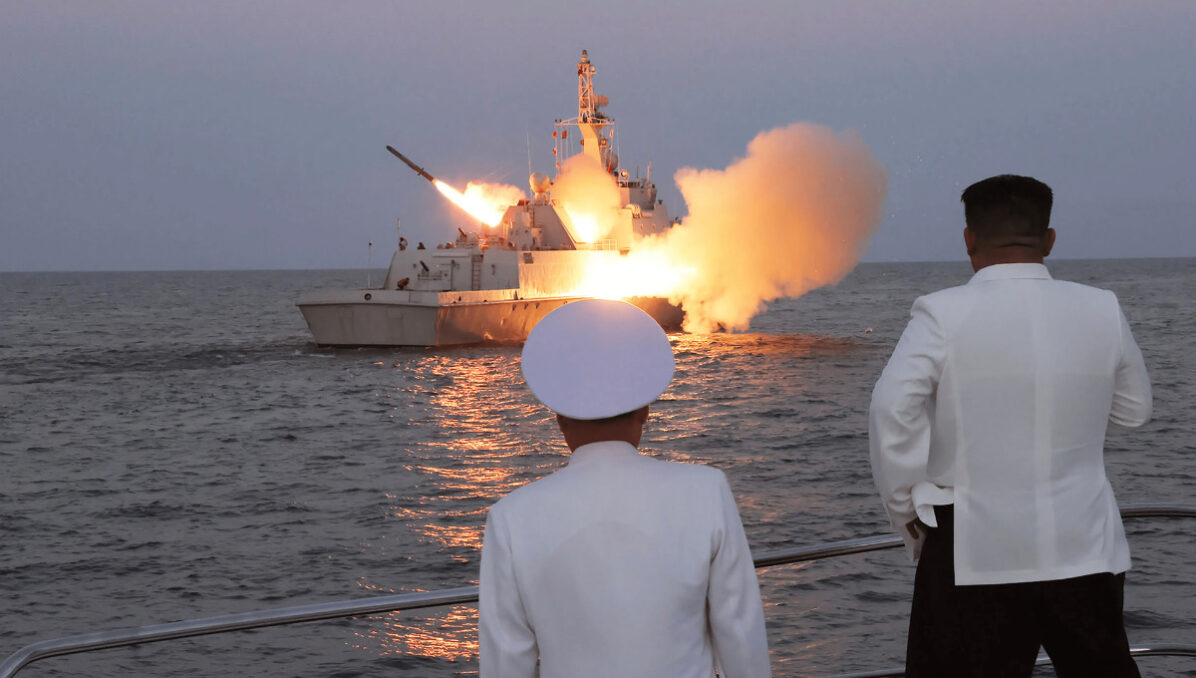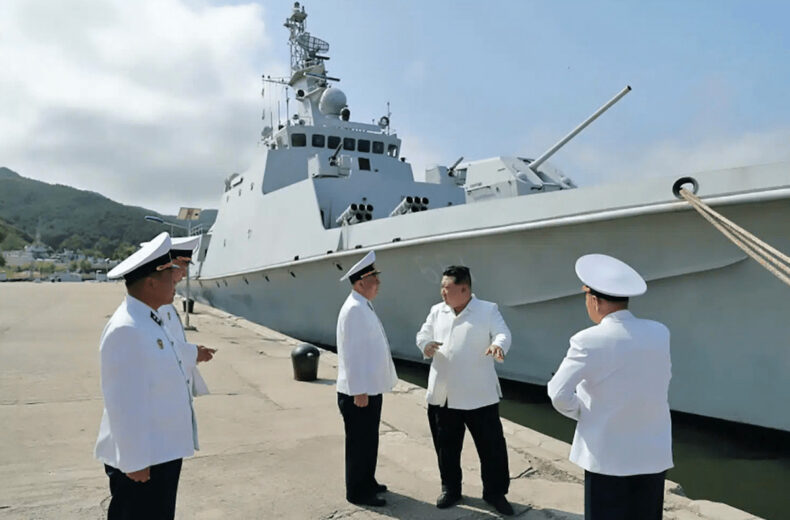30 August 2024. Senior Biden administration officials said that the U.S., Japan, and South Korea planned to announce ground-breaking measures to strengthen mutual security relations at an assembly this week in Maryland, including sharing intelligence regarding potential ballistic missile assaults from North Korea and China and conducting regular joint military drills.
After years of tense relationships resulting from Japan’s colonial occupation of Korea, U.S. officials and analysts claim that Tokyo and Seoul’s relationship has dramatically improved. The exceptional moves reflect this change. A historic reconciliation that analysts believe might usher in a new era for all three nations has been fuelled by a shared concern about China’s assertive activities in the region’s affairs and North Korea’s expanding missile arsenal.
According to South Korea’s military, the three countries held drills in international water off the southern island of Jeju to strengthen their capacity to identify and track targets and to share intelligence in the event that Pyongyang provokes them.
The exercises came as Kim Jong Un has criticized a growing presence of American strategic assets in the area and urged for “radically” modernizing the weaponry and gear used by his nation’s naval forces.
Apparently hinting at their summit on August 18 in Camp David, Maryland, Kim claimed the so-called “gang bosses” from the USA, Japan, and South Korea had announced frequent combined military drills in a speech to commemorate Navy Day, according to news agency KCNA.

The presidents of the United States, South Korea, and Japan met for the first time on their own accord and decided to strengthen their military and economic ties in order to demonstrate unity in the midst of China’s rising might and the nuclear threats from the North.
The summer Ulchi Freedom Shield drills, which are intended to improve their coordinated actions in response to North Korea’s missile and nuclear threats. The drills have long been condemned by Pyongyang as a military practice.
During the drills, the special operations forces of the allies practiced infiltrating an adversary’s shoreline from the water on rubber boats and rising through the waves with guns and diving gear.
According to Auslin, plans for real-time intelligence sharing among the three nations to protect against potential missile attacks should help build Japan and South Korea’s trust.
China Criticized the Summit
Senior administration officials said that the three nations are planning to set up a three-way hotline so that their governments can communicate in a moment of need. They also intend to make a statement in response to China’s pledge to alter Taiwan’s status.
Taiwan is a self-governing island, but China considers it to be part of the country and hasn’t ruled out using force to “unify” it with its mainland. Chinese government representatives criticized the summit, claiming it would increase conflict rather than achieve peace.
The Leaders of Both Japan and South Korea Showed Political Courage in Pursuing Closer Relations
By experts, the leaders of South Korea and Japan both displayed political bravery in pursuing deeper ties. Since Japan occupied the island peninsula from 1910 until the end of World War II, ties between South Koreans and Japanese have frequently been tense. During World War II, 200,000 people were reportedly forced into involuntary prostitution in Japanese military-run brothels, the majority of whom were South Koreans.
When Tokyo claimed that a South Korean vessel pointed their fire-control radar in the direction of Japanese Coastal Self-Defense Force aircraft, relations between the two countries deteriorated in 2018 and 2019. Then, South Korea claimed that a Japanese spy plane had flown “provocative” over its military vessels.
That relationship appears to have changed as a result of China’s rise to power. Political figures in Seoul and Tokyo seem willing to take a chance on domestic criticism for the initial time in decades.













